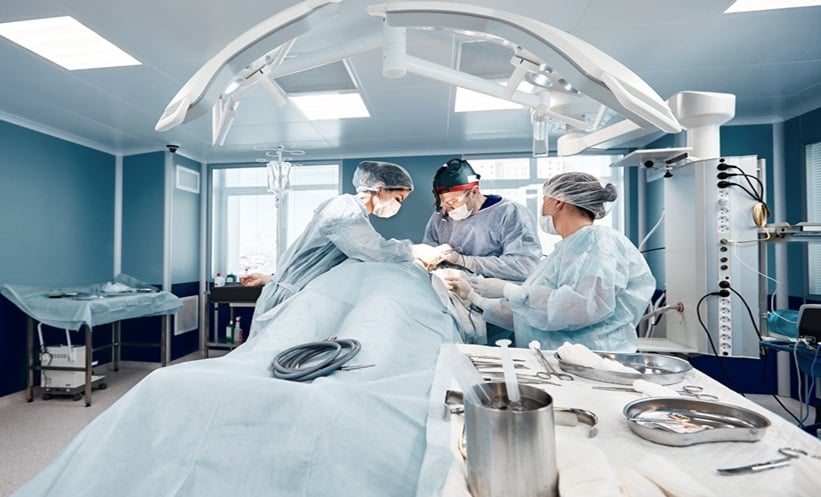IN a new study from the Department of Public Health Services, University of Miami Miller School of Medicine, Floridia, USA, researchers have identified a 10-gene biomarker that could predict whether a stage II or III colon cancer patient will benefit from adjuvant chemotherapy.
As highlighted by Chaohan Xu, lead author, colon cancer is the ‘fourth deadliest cancer worldwide, causing nearly 900,000 deaths each year’. The five-year survival rates for patients with stage I colon cancer are approximately 90% without chemotherapy but range from 10-50% for stage IV disease, even after chemotherapy treatment. Adjuvant therapy usually follows a primary surgery and acts to target any remaining cancer cells that the first-line treatment did not destroy. To better personalise cancer therapy, Chaohan et al set out to identify patients with stage II and III colon cancer that would most likely benefit from 5-fluorouracil (5-FU)-based adjuvant chemotherapy.
For this study the team tested a semi-supervised machine learning approach to analyse a dataset comprising 933 stage II and III colon cancer samples. A cox regression model was first applied to the cohort to select 3,091 genes significantly associated with patient survival outcomes, which was then narrowed down to an 18-gene network and then to 10 genes. To test this 10-gene biomarker, it was used on 109 stage II and III colon cancer samples, successfully predicting those that would benefit from adjuvant chemotherapy.
Remarking on the study findings, Chaohan said, ‘Our study lays the groundwork for improving adjuvant chemotherapy and potentially expanding into immunotherapy decision-making in colon cancer.’ They emphasised however that further prospective studies are needed to validate the 10-genes in a clinical setting.
Helena Bradbury, EMJ
Reference
Xu C et al. Discovery and validation of a 10-gene predictive signature for response to adjuvant chemotherapy in stage II and III colon cancer. Cell Reports Medicine. 2024.








